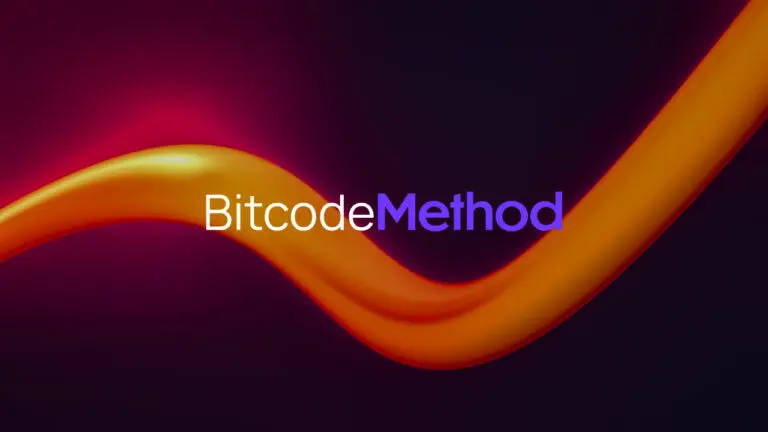There are 1,205 Bitcoins left in the company’s possession, compared to 1,959 coins at the end of June. Core Scientific, a publicly traded Bitcoin miner, suffered another loss last month on its Bitcoin holdings.
According to a company announcement, the firm sold 1,975 bitcoins at an average price $22,000 per Bitcoin in July. This netted it $44 million in proceeds. During this time, 1,221 coins have been mined.
Core Scientific’s balance sheet at July 31st showed that there was only 1,205 Bitcoin and $83 Million in cash.
The company stated that the proceeds from July’s bitcoin sales were used primarily to fund capital investments to increase data center capacity. It also paid off debt to Bitmain , a manufacturer of mining servers, for a 2021 order to 100,000 ASIC servers. These are the machines that can be used to mine Bitcoin competitively.
There are still less than $10 million in ASIC payments.
Although Core Scientific’s Bitcoin holdings have fallen even more, the saleoff is still a minor one compared to the previous month. In June, the firm sold 7,202 coins worth $165,000,000 to “enhance liquidity” as Bitcoin’s value plummeted below $30,000. It produced just 1,106 coins.
Many crypto mining companies have sold their Bitcoin holdings due to the bear market.
Core Scientific has continued to scale its operations. Core Scientific also deployed 14,000 additional ASIC servers in July to increase its hash rate capacity, which is the highest capacity of any North American listed company. According to Blockchain.com data, this is 19.3 quintillion bitcoin hashes per second. This represents about one-tenth Bitcoin’s total hashrate.
Colocation services account for 44% of the total hash rate generated by the company. Customers rent ASICs from Core Scientific’s data centres to generate this amount. In July, the company signed colocation agreements that were expected to bring in $50 million annually.
Core Scientific was among the industrial-scale miners who halted operations in Texas because of the intense heatwave that hit Texas early last month. It cut 8,157 megawatt hours.
Riot blockchain was financially compensated by Texas’s demand response program for Bitcoin miners. It was paid $9.5 million, which is more than the Bitcoin it self-mined in July. Core Scientific did not mention receiving similar compensation.










